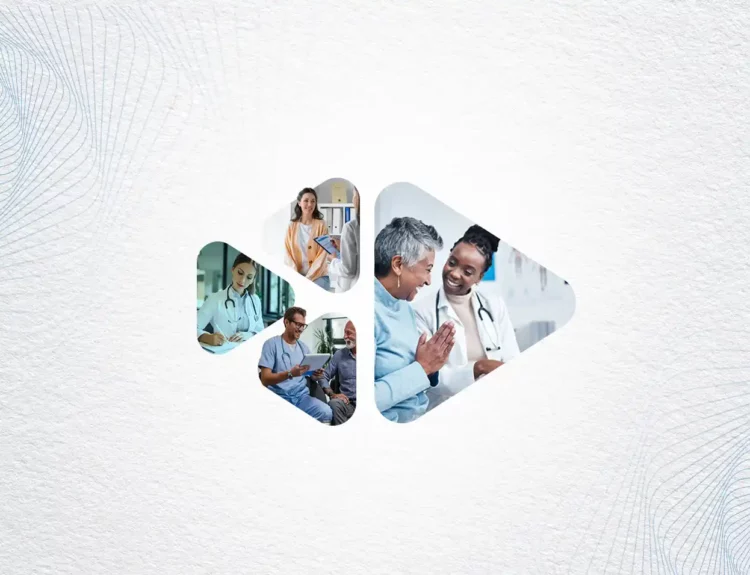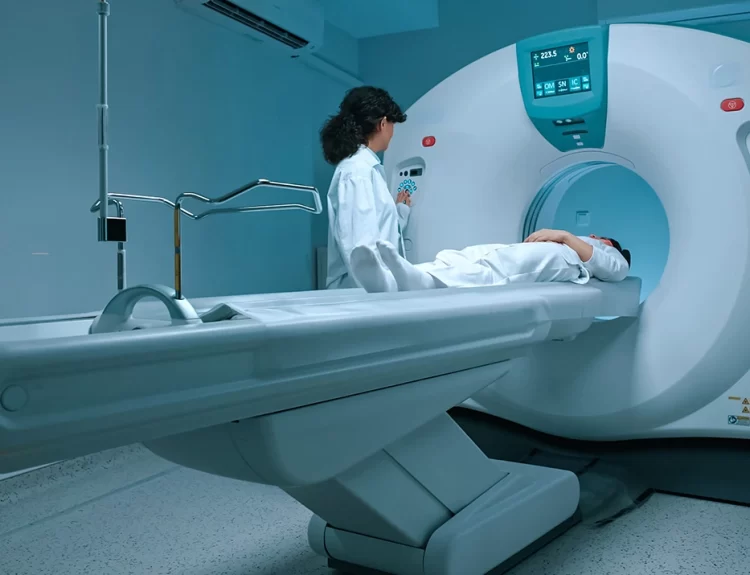The whole world is slowly embracing digital technology. While this evolution has amazing advantages, it has also opened a Pandora’s box of data security threats. Unfortunately, the once-rare occurrence of breached patient confidentiality and privacy is becoming a more common threat in healthcare. This rise is fueled by the increasing reliance on electronic health records (EHRs) and interconnected healthcare systems. Cyberattacks targeting healthcare providers are also on the rise.
These breaches not only erode patient trust in the healthcare system but can also have serious consequences, including identity theft and even physical harm if sensitive medical information falls into the wrong hands.
So, what is the fine line between confidentiality and privacy? In simple terms, confidentiality refers to the obligation to keep patient information secret. This encompasses all details shared during consultations, medical history, diagnoses, and treatment plans. Privacy is the broader concept encompassing a patient’s right to control their medical information. This includes deciding who can access it, how it’s used, and under what circumstances it can be disclosed.
Why Are Patient Privacy & Confidentiality the Most Important Aspects of Healthcare?
One prime reason patient confidentiality holds the strongest position in healthcare ethics is the trust factor. Patients need to feel confident disclosing sensitive information about their physical health without fear of being publicly disclosed. Confidentiality lays the groundwork for open communication, a crucial factor in accurate diagnosis and effective treatment. If patients have trust, they are more likely to be honest and forthcoming with their medical history, symptoms, and behaviors. As a result, the doctors also get a clear picture of their health and make informed decisions about their care.
Another pivotal reason is that many medical complications come with social stigma. If patients worry their health information will be shared without consent, they may delay seeking treatment, fearing discrimination in areas like employment, insurance, or housing. Patients should have the right to control their medical information. Confidentiality empowers them to control what information is shared and with whom. This fosters a sense of autonomy and allows them to participate actively in their healthcare decisions.
Numerous legal frameworks have been established to address data security and protect patients proactively.
A Dive into Legislative Safeguards

Patient confidentiality and privacy are rigorously protected by a combination of laws, such as the Health Insurance Portability and Accountability Act (HIPAA) in the United States and the General Data Protection Regulation (GDPR) in the European Union, which mandate strict rules for handling and safeguarding patient information.
HIPAA (US): The Health Insurance Portability and Accountability Act (HIPAA) is the patient privacy regulation in the United States. It mandates strict controls on how healthcare providers, health plans, and healthcare clearinghouses handle a patient’s Protected Health Information (PHI), encompassing any individually identifiable information relating to their health condition, treatment, or payment for healthcare services. HIPAA mandates:
- Informed Consent: Patients must explicitly authorize the disclosure of their PHI for most purposes. This ensures they understand what information is being shared and with whom.
- Security Measures: Healthcare providers must implement physical, administrative, and technical safeguards to protect electronic health records (EHRs) from unauthorized access, use, disclosure, disruption, modification, or destruction.
- Auditing: HIPAA requires healthcare entities to maintain an audit trail to track access to PHI. This allows for investigation and accountability in case of breaches.
GDPR (EU): The General Data Protection Regulation (GDPR) regulates data protection and privacy in EU law. It applies to the processing of personal data, including a patient’s health information. Similar to HIPAA, GDPR emphasizes:
- Lawful Basis: There must be a legal justification for processing patient data. This often comes from patient consent, but there are exceptions for public health reasons or legal requirements.
- Data Minimization: Only the minimum amount of data necessary for the purpose of processing should be collected.
- Data Subject Rights: Patients have the right to access, rectify, or erase their personal data and restrict or object to its processing.
However, despite the stringent legal frameworks in place, data breaches are still happening in the medical field. According to HIPPA, 3054 healthcare data breaches occurred between 2009 and 2019, leading to the loss, theft, and disclosure of 230,954,151 healthcare records.
So, How Otherwise Can We Amplify the Solution?
Solution 1: Consumer Insight Platform
Healthcare Market research company can play an important role in it. For instance, the Borderless Access proprietor consumer insight platform can be a great way to gather patient feedback on healthcare experiences. Through this platform, we can easily reveal the areas where patients feel uninformed or unheard of through interviews, dyads, focus group discussions, and chat groups – a perfect way to understand the pain points!
An excellent way for Resource Development:
- Focus Group Discussions (FGDs): Patients can easily share their experiences with healthcare providers in online or in-person discussions. This could reveal areas of confusion regarding rights.
- Chat Groups: In the chat groups, patients can ask questions and get information about their rights from healthcare professionals or patient advocates.
- Direct Interviews: Conducting interviews with patients who have faced challenges in exercising their rights can provide in-depth insights into specific issues.
With these key insights, the healthcare center can better understand:
- Knowledge Gaps: One can pinpoint areas where patients lack awareness of their rights (e.g., privacy concerns, access to records).
- Develop Educational Materials: Use the feedback to create targeted materials explaining patient rights clearly and concisely.
- Improve Patient Communication: Highlight the importance of informing patients about their rights during consultations.
Solution 2: Strong Medical Panelist
Patients often wonder: How secure is my medical data? Who has access to it? Can it be used against me? To shed light on these critical issues, medical panels of healthcare market research company featuring impactful panelists can be incredibly informative.
- Expertise Matter: Genuine medical panelists can easily discuss complex topics related to patient data privacy and confidentiality, allowing patients to grasp the nuances of how their information is handled and protected.
- Risk & Safeguard Awareness: Medical expert panelists can easily highlight the risks associated with medical data and how healthcare institutions and market research agencies safeguard patient privacy.
- Addressing Concerns: Quality medical panels often involve audience participation. Patients can easily voice their concerns about different situations. The medical expert panelists can easily help the patients by providing high-quality data to address concerns with transparency and accurate information.
- Open Communication: Patients become more aware of their rights by participating in discussions about privacy and confidentiality. This encourages the patient to openly and honestly discuss how their medical information is used with the doctors. This two-way communication is crucial for ensuring patients feel secure and respected within the healthcare system.
So one can easily conclude that, Healthcare market research company can empower patients through consumer insight platforms and strong medical panels. By combining legal safeguards with open communication and patient education, we can create a healthcare system where patients feel secure, respected, and in control of their medical information. With their market size and data analysis expertise, healthcare market research agency are perfectly positioned to drive patient empowerment within the healthcare system.







